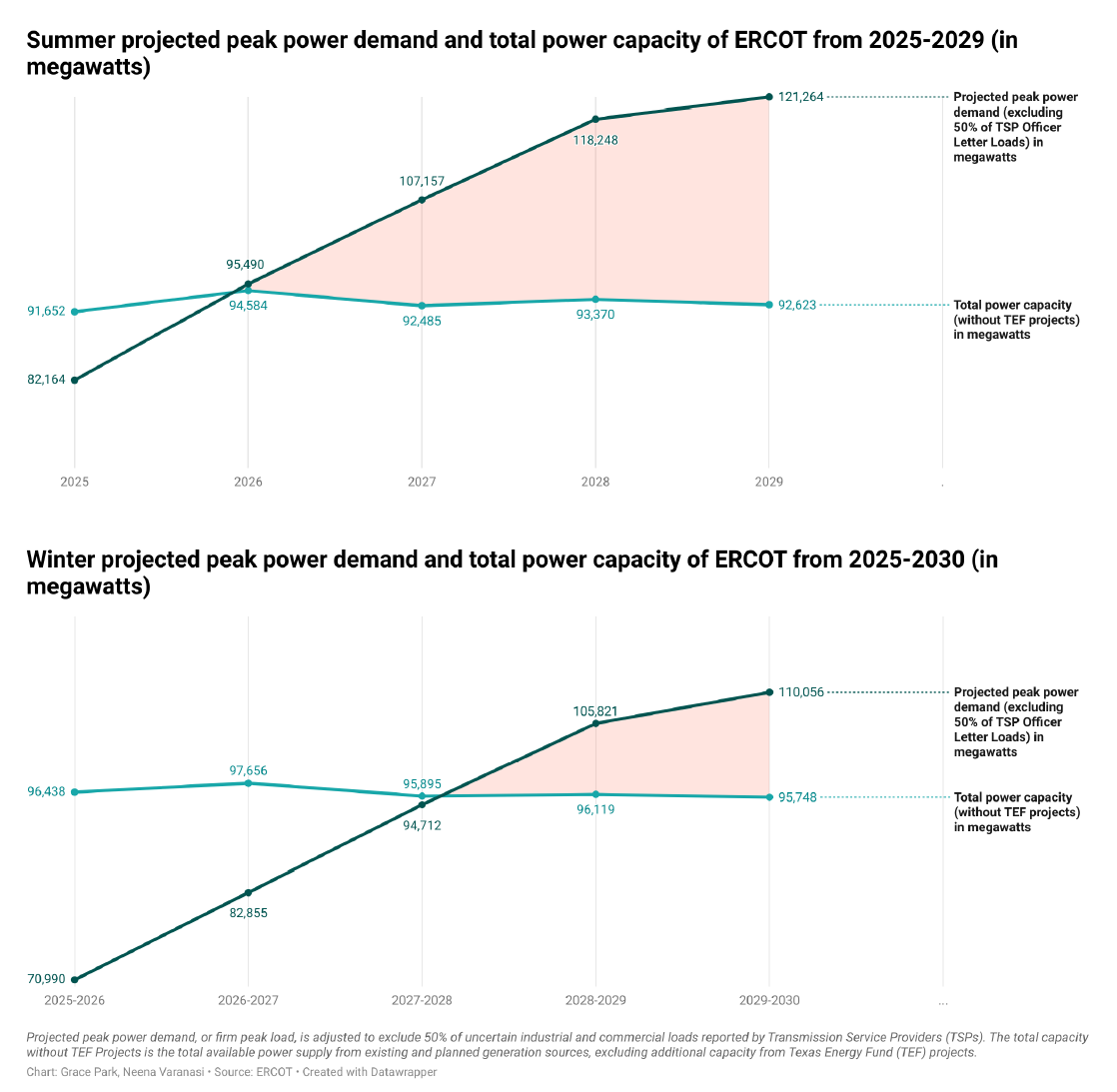Reimbursement claims for lost rope sales in Sweden, a shrimp scampi shortage in the North End of Boston and lost dental appointments in Alabama were all claims filed by victims of the 2010 Deepwater Horizon oil spill.
It is Kenneth Feinberg’s job as administrator of the Gulf Coast Claims Facility to sort through legitimate and irrelevant claims.
Feinberg recounted letters written to him by claimants in the wake of the 2010 British Petroleum Deepwater Horizon oil spill to a group of students, faculty and community members on Monday, demonstrating the challenges he faced distributing the $20 billion BP allocated for private claims and cleanup relief in the Gulf.
One of the most memorable letters came from a rope maker in Sweden.
“This rope is sold to fisherman in the Gulf for fishing nets. There is no fishing. I can’t sell my rope. Pay me in krona, dollars. I don’t care, but pay me!”
Feinberg, referred to as “the master of disaster,” has overseen claims related to Agent Orange, the 9-11 Victim Compensation Fund, Virginia Tech’s Memorial Fund and the Troubled Asset Relief Program, which determined reasonable compensations for senior corporate officials receiving government bailouts.
He has been celebrated for his administration but more often than not has been criticized as the “man the Gulf Coast loves to hate.”
“Ninety-nine percent of the criticism about these programs is really directed at policy makers, not me,” Feinberg said. “I’m just implementing the program. Looking back from 30,000 feet [the programs] are a political response to an impatient, demanding electorate and that’s the way they ought to be looked at.”
In administering the BP fund, Feinberg said he received more than 1 million claims from 50 states and 37 foreign countries.
“When you announce that there is $20 billion that results in, shall we say, some very creative claims from people all over the world,” Feinberg said. “I ensure that BP to this day is very, very unhappy that they ever announced $20 billion. Build it and they will come.”
In one year Feinberg has processed more than 97 percent of all the Deepwater Horizon claims and paid out $5.5 billon to more than 225,000 claimants.
Feinberg said a major problem with disaster relief funds is that they’re only available to some people.
“Bad things happen to good people everyday in this country,” Feinberg said. “They’re not all available to have a fund. I didn’t see a fund for Katrina. A thousand people died. I didn’t see a fund for Oklahoma City. You should’ve seen some of the emails I got when I was administering the 9-11 Fund.”
He described the email of one mother who lost her son in the Oklahoma City bombing.
“That’s what kept you up at 3 a.m., stories like that,” Feinberg said.
Law school Dean Lawrence Sager described Feinberg’s job as administering “justice in situations where justice is impossible.”
Melinda Taylor, executive director for UT’s Center for Global Energy, said Feinberg is an example of someone who has been very successful using law in a creative fashion to resolve big disputes.
“In many ways practicing law can be a little bit boring, but this is a way for students to see that the options out there are unlimited and you can use your creativity and in a different way,” Taylor said.
Printed on October 4, 2011, as: Victims' claims sorted after BP oil spill




















